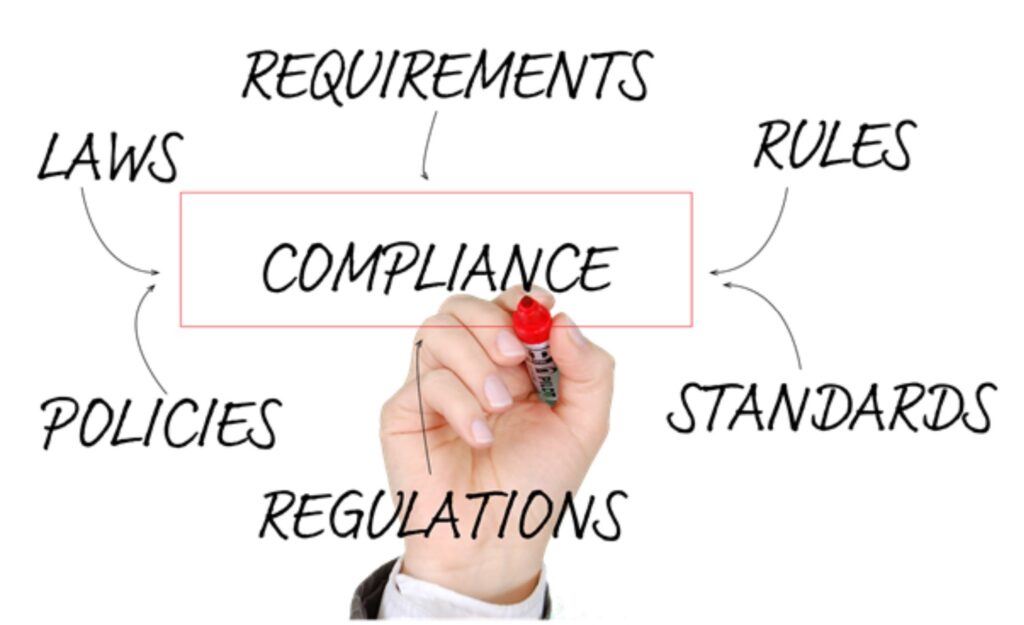
“We are constantly working towards the highest level of compliance possible.” – Mike Davidson
In clinical research, compliance is essential to ensuring that the research trial is conducted safely and accurately. The ability to maintain the highest level of compliance requires an organized and streamlined process throughout the trial. If a clinical site or sponsor company is unable to maintain compliance, the site staff and trial team will continuously struggle to be inspection-ready throughout every phase of the trial from start-up to closeout.
This article will define compliance and discuss what three (3) strategies can be utilized to maintain compliance when conducting a clinical trial.
Compliance Defined
Compliance refers to the act of adhering to a set of regulations, processes, or rules without raising any objections or raising concerns. This process takes place during all stages of clinical research. Regulatory compliance is critical in clinical research since it helps to ensure that all research is done safely and appropriately. Deviations from compliance and quality standards can quickly affect clinical sites and sponsor companies and ultimately, the integrity of the product and clinical data.
How to Maintain Compliance
Three strategies that can be utilized in maintaining compliance are:
- Internal audits – conducting regular internal audits and document reviews ensures adherence to the protocol requirements and study procedures such as the consenting process, visit schedules and source documentation. In addition, internal audits and document reviews address prompt reporting and resolution of issues such as protocol deviations, temperature excursions and safety-related issues.
- Ongoing staff training– clinical staff and trial team members should receive continuous training throughout every phase of the trial(s) on how to maintain compliance with the protocol, trial procedures and applicable requirements from regulatory authorities.
- Automated processes – automating processes of creating, reviewing and approving quality and clinical trial documents such as Standard Operating Procedures (SOPs), protocol deviations, Case Report Forms (CRFs) and training records, reduces error and increases compliance amongst clinical staff and trial teams.
Conclusion
Maintaining compliance in clinical research is essential to ensuring that the trial is conducted safely and accurately. Maintaining compliance in clinical research may be achieved by conducting internal audits and document reviews, continually training staff and automating clinical trial process. Implementing these strategies are essential to achieving inspection readiness and being successful in the conduct of clinical trials overall.
Struggling to maintain compliance at your clinical staff or clinical department? Contact us! We’d love to hear from you to discuss strategies!